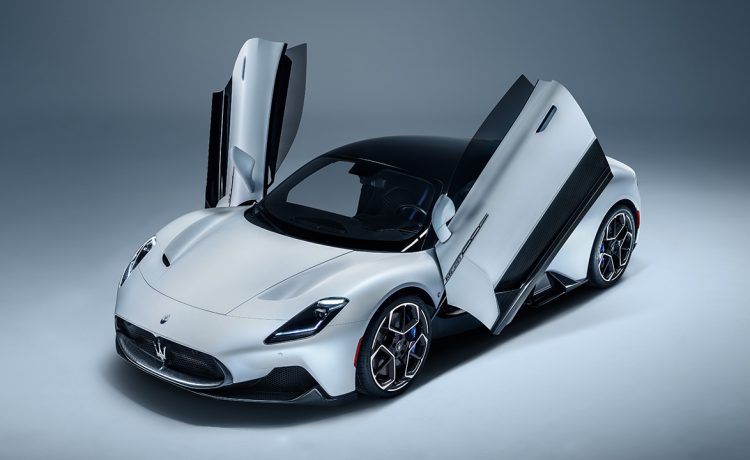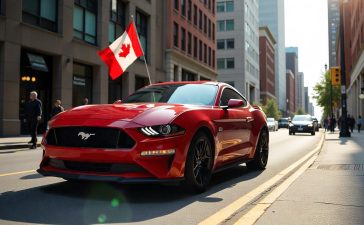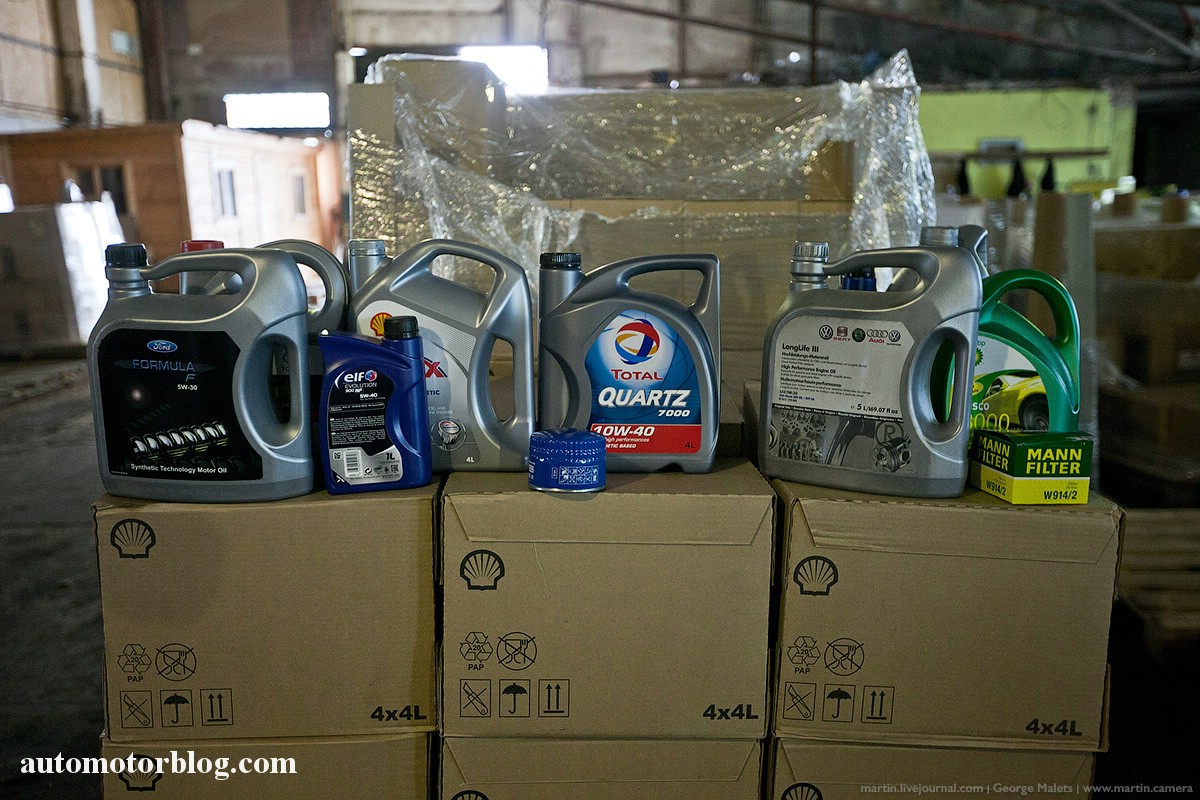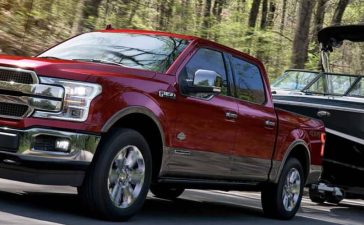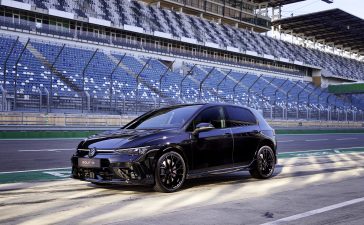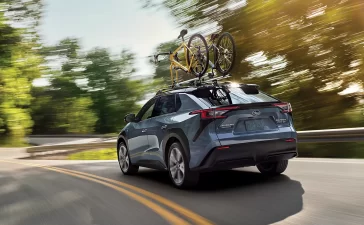In a very significant change that is indicative of the current state of affairs in the luxury automotive sector, Maserati has officially abandoned the development of the MC20 Folgore, an electric supercar it was favorable to introduce to the market. As said by the management of the company, the decision-making process was informed by the low market demand for an electric vehicle in the supercar industry. This poses an important shift for the brand, especially because it was among the six Maserati electric models that were anticipated to be launched next year.
The general frame of reference can be seen in that Stellantis, the parent company of Maserati, has scaled back what was initially earmarked as a 1.5 billion euros investment in the company. This decision is because of reduced sales growth in China, which is the automaker’s second market after the US. Many factors have influenced the economic situation in China and its effect on the luxury car segment, which had negative implications for the financial status of the Stellantis group and its subsidiaries.
The implications of this shift are therefore enormous. The car manufacturer Maserati posted a complete loss last year and its sales even fell by more than half to 11,300 units. This occurred despite registering a profit of 141 million euros in the year 2023 just to make this brand further understand the ups and downs, and to somehow capture the volatile position it has. The cancellation of the MC20 Folgore is a rebalancing brought by Maserati given such challenges.
In the contribution to be developed by the Trident brand, they do not plan to launch a new electric car version named Folgore but redesign the current MC20 model, which could take cues from the MC20 GT2 Stradale. It increases the power of the supercar up to 631 horsepower, decreases its weight by 60 kg, as well as optimizes the car chassis for the racetrack performance. This shift entails an apparently less aggressive approach to the process of electrification compared to the earlier concept.
This triggers questions on the feasibility of Maserati’s revival plan, which was designed when Stellantis assumed the car’s management four years ago. The strategy further sought to transition from the use of internal combustion engine vehicles by the year 2030. The cessation of the production of the MC20 Folgore may point to the review of this timeline and strategy due to the prevailing industry and market conditions afoot.
At the same time, Maserati’s decision has left more doubts regarding its future models. The next Levante SUV which is set to be launched in the next generation for 2027, and the Quattroporte sedan that was earlier scheduled to be launched in 2028 model are now in a questionable future. These models were especially relevant to Maserati’s development and market positioning plans and, potentially, these futures may require reconsideration.
Therefore, the MC20 Folgore cancellation by Maserati cannot be looked at without analyzing the challenges of shifting towards the use of electric cars in the market of luxury sport cars. Considering these concerns, the decisions and actions of the company will receive analysis from various audiences of the organization to observe how Maserati will be transforming its brand and future-proofing its heritage to operate in the new automobile market.


